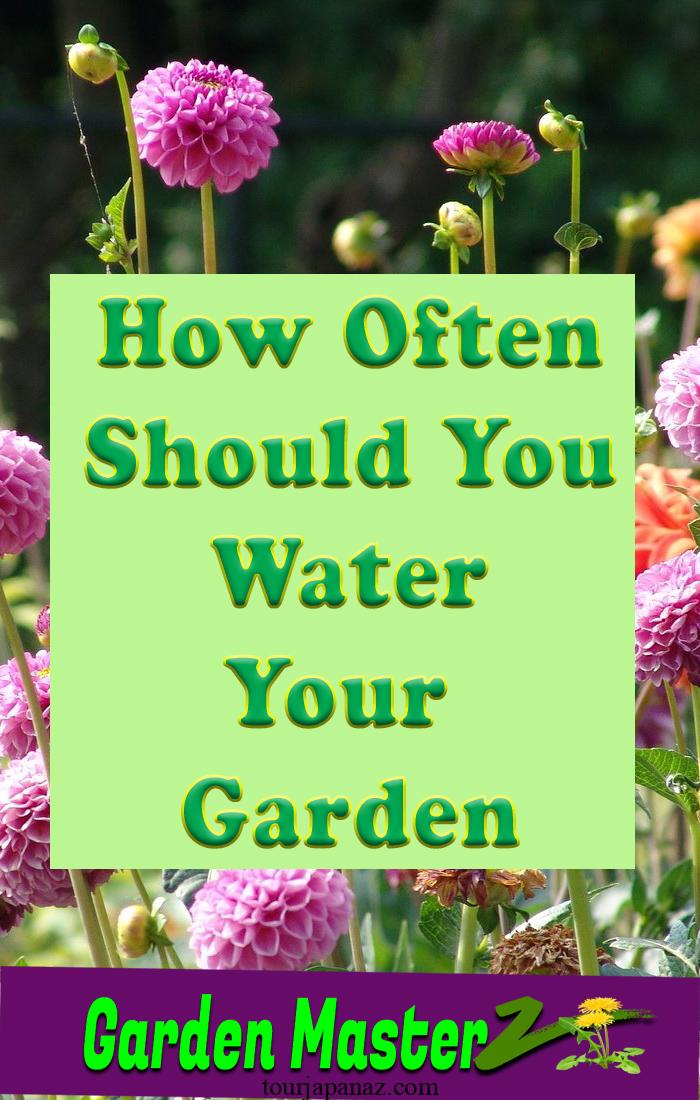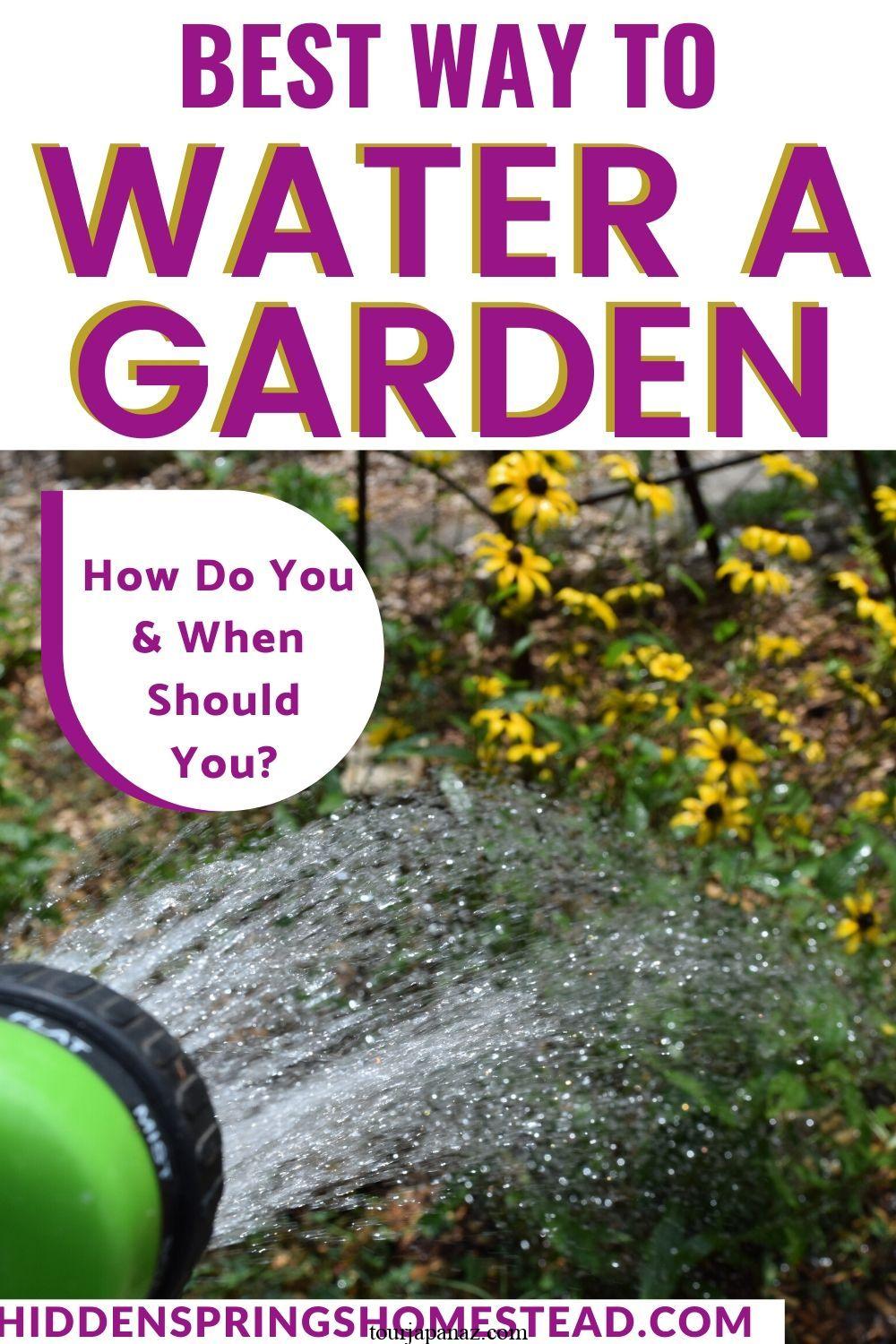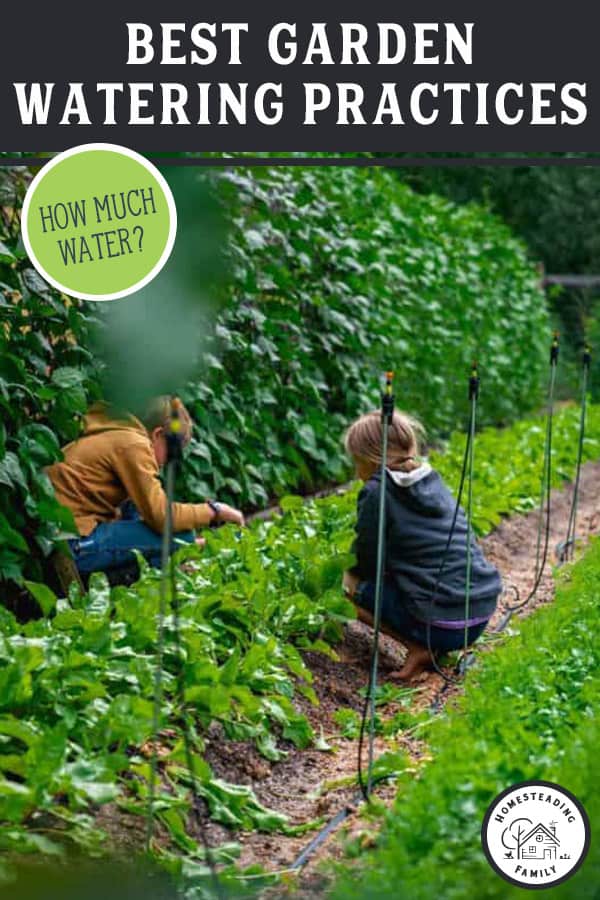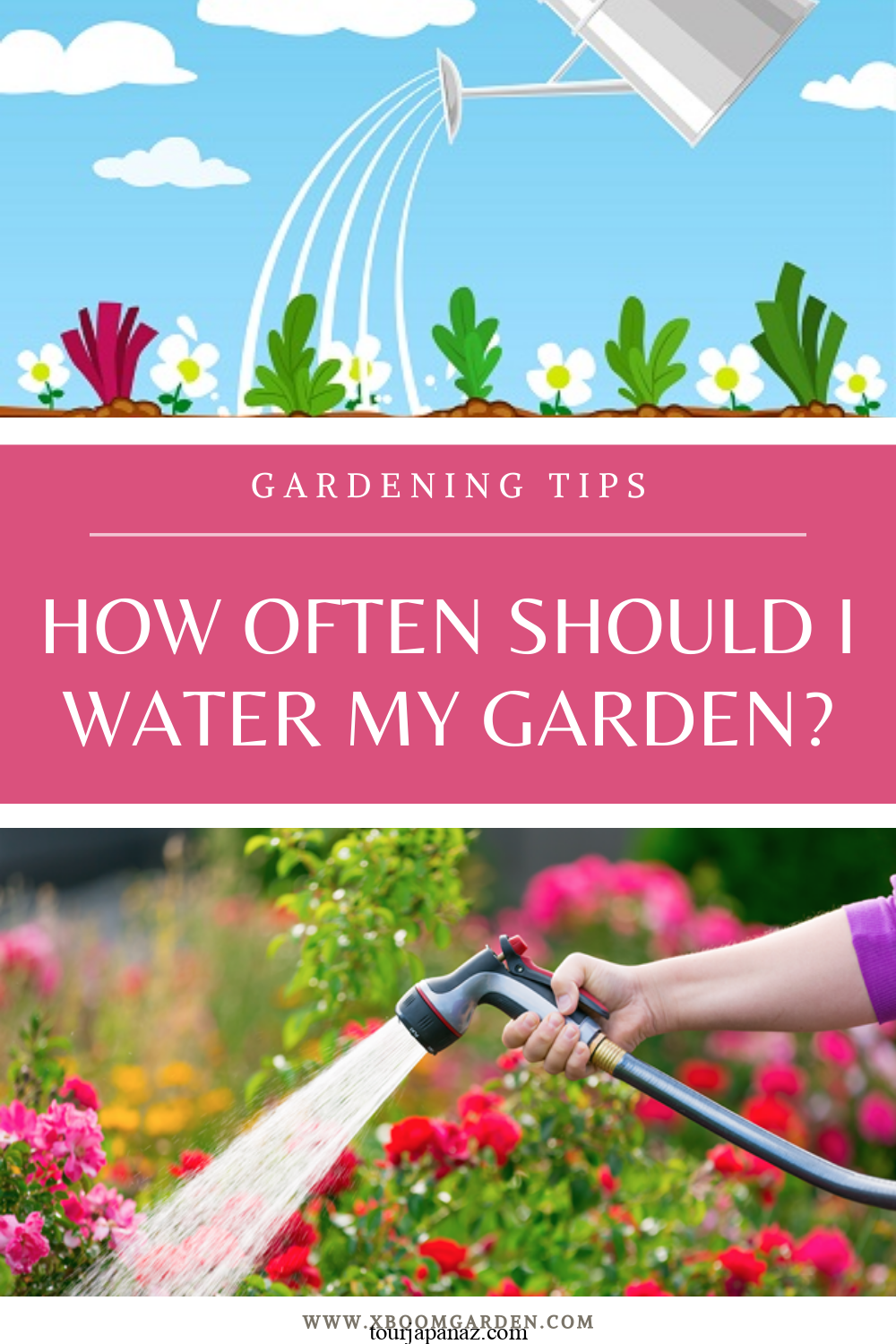How Often Should I Water My Garden?
When it comes to maintaining a beautiful and thriving garden, one of the most critical factors to consider is how often you should water it. Proper watering is essential to ensure that your plants, flowers, and vegetables receive the right amount of moisture to grow healthily and produce vibrant blooms or delicious harvests. In this comprehensive guide, we’ll delve into the art of garden watering, providing you with expert insights and practical tips to help you keep your garden looking its best. So, let’s get started!
Understanding the Watering Needs of Your Garden

1. Assessing Your Garden’s Specific Requirements
Every garden is unique, and the watering needs can vary greatly depending on factors such as the type of plants you have, your climate, soil type, and even the time of year. Understanding the specific requirements of your garden is the first step towards successful watering.
- Plant Types: Different plants have different water requirements. Some, like succulents, thrive in arid conditions and require minimal watering, while others, like lush lawns or thirsty vegetables, need more moisture. Research the water needs of each plant in your garden.
- Climate: Your local climate plays a significant role in determining how often you should water. If you live in a hot and dry climate, your garden will likely need more frequent watering than if you’re in a cooler, more humid area.
- Soil Type: The composition of your soil affects how well it retains moisture. Sandy soil drains quickly and may require more frequent watering, while clay soil retains moisture better. Amending your soil with organic matter can improve its water-holding capacity.
2. Observe Your Garden Regularly
To determine how often to water, make it a habit to observe your garden regularly. Pay attention to the following indicators:
- Soil Moisture: Stick your finger a few inches into the soil. If it’s dry to the touch, it’s time to water. If it’s still moist, hold off on watering for a bit.
- Plant Health: Wilting or yellowing leaves can be a sign of overwatering or underwatering. Healthy plants have vibrant leaves and strong stems.
- Weather Conditions: Keep an eye on the weather forecast. If rain is in the forecast, you may not need to water as much.
The Right Time to Water
3. Morning is Best
The ideal time to water your garden is in the morning. Early watering allows the soil to absorb the moisture before the heat of the day kicks in. This helps prevent evaporation and ensures your plants have access to water when they need it most. Watering in the evening can lead to prolonged moisture on the leaves, which can promote fungal diseases.
4. Deep and Infrequent Watering
One common mistake gardeners make is shallow, frequent watering. Instead, aim for deep, infrequent watering. This encourages plants to develop deep root systems, making them more resilient to drought conditions. A good rule of thumb is to water your garden to a depth of at least 6 inches.
Watering Techniques

5. Use the Right Tools
To water your garden effectively, choose the right tools. A soaker hose or a drip irrigation system is an efficient way to deliver water directly to the root zone, reducing water waste through evaporation.
6. Mulch Your Garden
Applying a layer of mulch to your garden beds can help retain soil moisture, regulate soil temperature, and prevent weed growth. It acts as a natural water-saving barrier, reducing the frequency of watering required.
Adjusting Watering Frequency

7. Seasonal Adjustments
Be prepared to adjust your watering schedule throughout the year. In the spring and fall, plants typically require less water due to milder temperatures and increased moisture. In the summer, when temperatures rise, you’ll need to water more frequently. In the winter, water sparingly to prevent freezing.
8. Rain Sensors and Smart Irrigation
Consider installing rain sensors or investing in a smart irrigation system. These technologies can automatically adjust your watering schedule based on real-time weather conditions, ensuring your garden receives the right amount of moisture.
FAQ: Your Common Questions Answered

Q1: How can I tell if I’m overwatering my garden?
A: Overwatering can lead to root rot, mold, and other plant health issues. Signs of overwatering include waterlogged soil, wilting, yellowing leaves, and the presence of mold. Be sure to check your soil’s moisture level and adjust your watering schedule accordingly.
Q2: What’s the best way to water potted plants?
A: Potted plants often require more frequent watering than those in the ground. Water until you see excess water draining from the pot’s bottom. Ensure the pot has drainage holes to prevent waterlogging.
Q3: Can I water my garden with collected rainwater?
A: Absolutely! Collecting rainwater is an eco-friendly way to provide your garden with water. Just ensure your rain barrel or collection system is clean, and use a fine mesh screen to filter out debris.
In Conclusion
Watering your garden is both a science and an art. By understanding the unique needs of your plants, observing your garden regularly, and following best practices for watering, you can ensure your garden flourishes. Remember, the key is to provide the right amount of moisture when your garden needs it most. So, start applying these tips, and watch your garden thrive!
tag
- chicken feed
- how to Keep Chickens Off Your Porch
- How to grow oyster mushrooms at home
- Growing Kale in Pots

No Responses